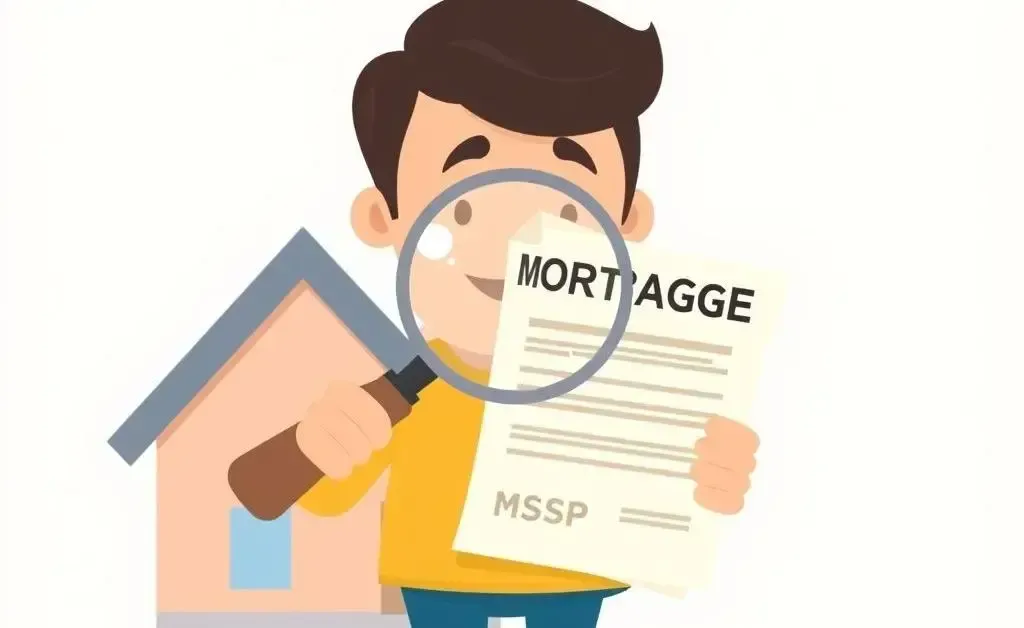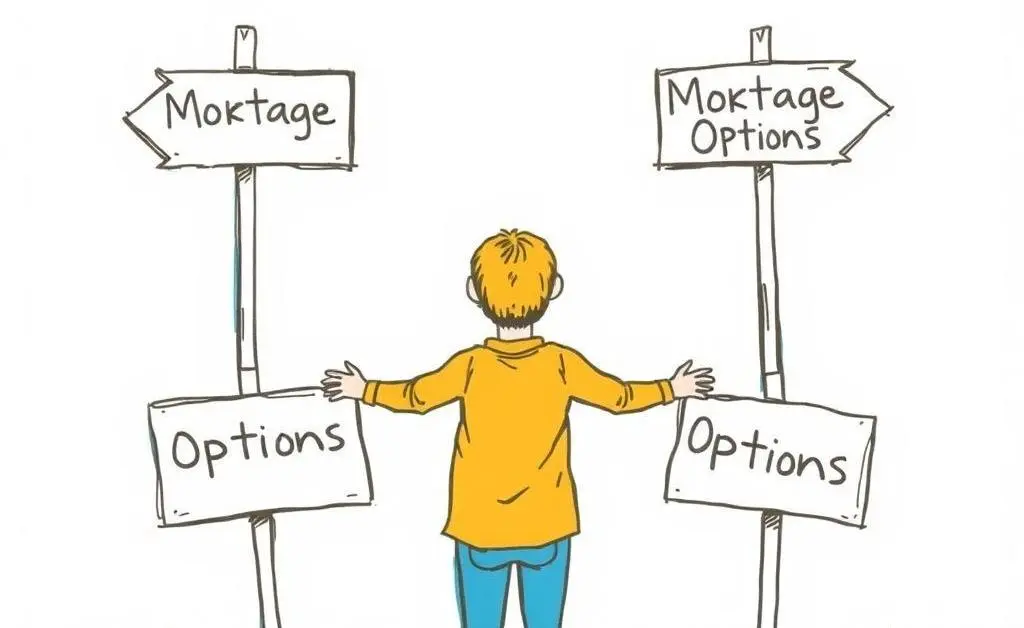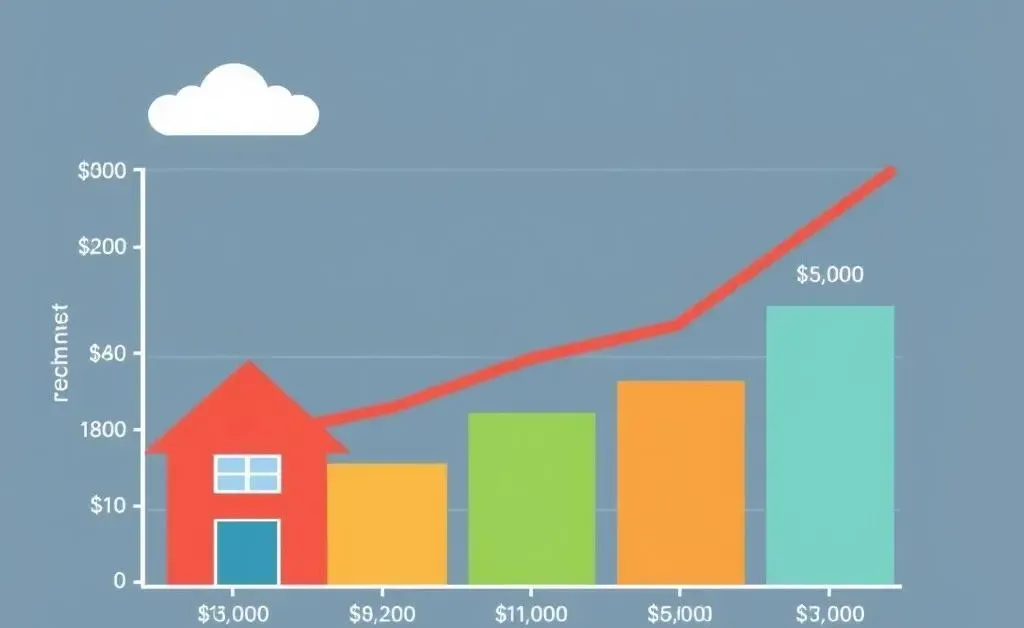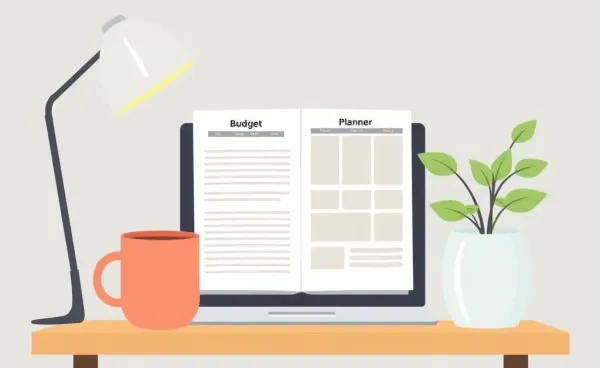Understanding Early Repayment Charges: A Simple Guide for Homeowners
Explore how early repayment charges work and tips to minimize costs.

If you've ever sat down with a cup of coffee and a pile of mortgage paperwork, you've probably stumbled across that confusing phrase: early repayment charges. It sounds daunting, and let's be honest, no one likes extra fees. But what exactly does it mean, and why does it sometimes feel like you're being penalized for paying back money early?
What Are Early Repayment Charges?
Early repayment charges (ERCs) are fees charged by your lender if you decide to pay off part or all of your mortgage before the end of your agreed term. Think of it as an early exit penalty. These charges are designed to compensate the lender for the interest payments they're likely to miss out on when you repay early.

Why Do Lenders Charge Them?
Lenders aren't just being grumpy; they have their reasons. When you enter into a mortgage agreement, the lender calculates expected interest over the term of your loan, which forms a big chunk of their profit. An early repayment undermines that calculation. It's like ordering a three-course meal and only paying for the starter. The chef's got to make a living too!
How Much Can You Expect to Pay?
The amount varies depending on your lender and the specifics of your mortgage agreement. Often, an ERC is a percentage of the outstanding mortgage balance. For example, if you have £200,000 left to pay and the ERC is 3%, you could be staring down a £6,000 charge. Yikes! Always check your agreement so you know exactly what you're dealing with.

Ways to Minimize or Avoid ERCs
- Flexible Mortgage Deals: Some deals offer more flexibility with overpayments without invoking ERCs.
- Shorter Fixed-Terms: Opt for shorter fixed-term periods to reduce the risk of high ERCs.
- Partial Repayments: Check if your lender allows a percentage of overpayments each year without incurring fees.
Is It Worth Paying the ERC?
Deciding whether to pay an ERC isn't always straightforward. You'll need to weigh the cost against your long-term financial goals. Perhaps you're looking to switch to a lower interest mortgage, or you might be planning a big move. Run the numbers or consult a financial advisor to see if paying the charge makes financial sense.

Final Thoughts
Navigating the world of mortgages can be akin to traversing a labyrinth, but understanding charges like ERCs is an essential part of being a savvy homeowner. By being aware of potential pitfalls and opportunities, you can make informed decisions that align with your financial hopes and dreams. Until next time, here's to smart mortgage strategizing!




